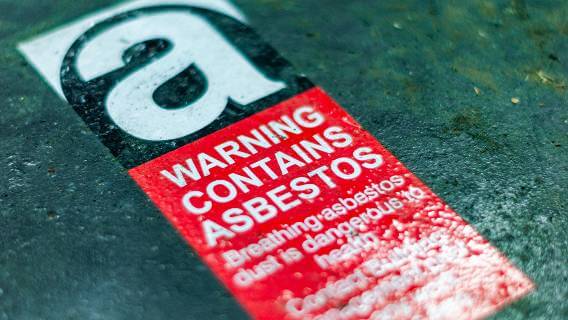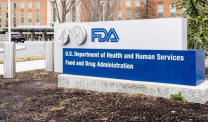EPA Wants Public Feedback on Asbestos Ban Timeline
Asbestos Exposure & BansWritten by Michelle Whitmer | Edited by Walter Pacheco

The Environmental Protection Agency is seeking public comment regarding the timeline of a proposed asbestos ban.
Asbestos, long known to cause deadly cancers and other serious illnesses, has been highly regulated in the United States for decades but is not yet banned. Public comment on the proposed ban will be accepted until April 17.
In 2022, the EPA proposed a ban on chrysotile, a type of asbestos known as white asbestos. The ban would force U.S. companies, like those in the chloralkali industry, to stop using asbestos within two years. The chloralkali industry sometimes utilizes asbestos to create chlorine that is then used to disinfect drinking water.
EPA officials banned asbestos in 1989. However, an aggressive counterattack from the asbestos industry led the United States Court of Appeals for the Fifth Circuit to overturn the ban in 1991.
Companies Want More Time to Transition From Asbestos
While the EPA suggests the ban happen swiftly, at least one company said it could take 15 years. Public comment on the issue opened March 17. Affected companies say the timeline is too short and they need more time to transition away from the toxic substance.
Texas-based OxyChem posted a public comment on March 23 stating three of its five facilities still use asbestos. Converting the three plants would cost billions of dollars and take four to five years to implement, company officials said. OxyChem instead suggests a 15-year phase-out, naming reasons such as limited global supplies of metals and manufacturing capacities.
The Chlorine Institute, a chloralkali industry trade association, also posted a public comment requesting the comment deadline be moved to mid-May so it can gather more information.
Of the nearly 20 public comments submitted in the first two weeks, only two were from industry stakeholders. The remaining comments appear to be from the public who overwhelmingly support the immediate ban. Many comments recount personal stories of family members impacted by asbestos and mesothelioma.
Asbestos Disease Awareness Organization president Linda Reinstein told ProPublica recently she was critical of the information from the chlorine companies.
“This ‘new information’ from industry is another desperate attempt to delay transitioning their archaic plants to modern technology,” Reinstein said. She urged the agency to “move forward with a transition plan that puts people over profits.”
Asbestos, which was once widely used in flooring, insulation and building materials, has been found to cause mesothelioma and a progressive lung disease called asbestosis. Hundreds of thousands of patients have filed asbestos lawsuits to provide compensation to cover medical bills and lost wages. Family members who have secondhand exposure to asbestos may also file a legal claim.
Investigative Journalism Exposes Asbestos Dangers
In 2022, following the announcement of the proposed asbestos ban, ProPublica, a nonprofit newsroom that investigates abuses of power, began reporting on the dangers factory workers face while handling asbestos.
Their reporting revealed workers in New York were “regularly exposed to asbestos” in a plant run by OxyChem. The company denied the allegations.
In another instance, ProPublica reported a pregnant janitor at an Olin Corporation plant in Alabama wasn’t provided personal protective equipment while she scraped asbestos off a bathroom floor. Olin didn’t respond to ProPublica’s requests for comment.
Since last year’s proposal, the EPA has held meetings with stakeholders, including those in the chloralkali industry and other interested groups. The agency also reviewed more than 150 public comments and the information uncovered by ProPublica.
Due to this “additional data,” the EPA decided to reopen public comment, specifically requesting feedback regarding the proposed timeline for implementing the ban and the suggested exposure monitoring requirements.
The public can review the material on the Federal Register and has until April 17 to comment.







